Veteran receives medal 66 years after nuclear tests
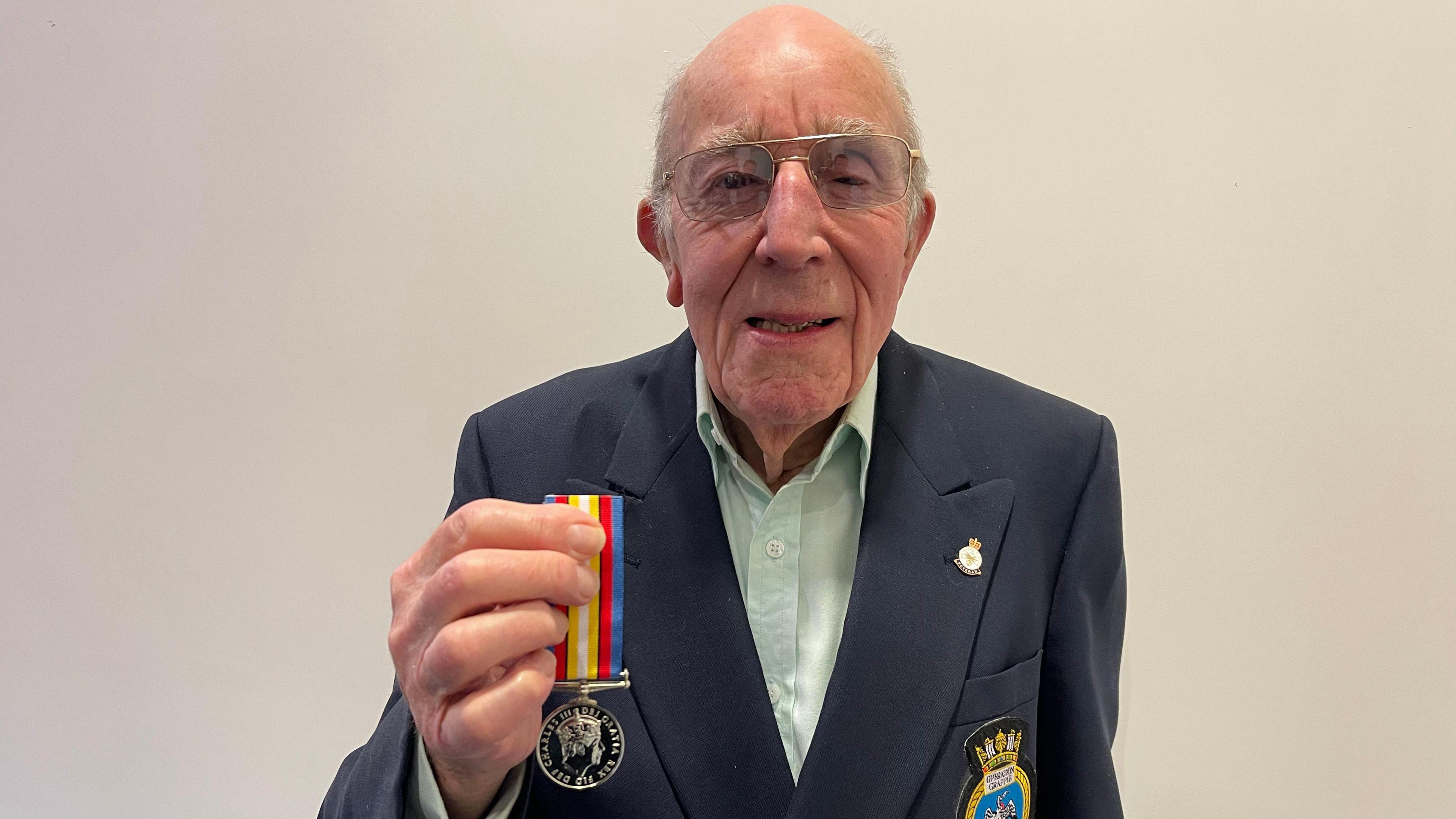
Bob Darkin was sent to Christmas Island in the Pacific in July 1958
- Published
A veteran has received a government medal nearly seven decades after playing his part in nuclear weapons testing during the Cold War.
Bob Darkin was posted to Christmas Island in the Pacific in July 1958 as part of a series of British nuclear tests.
The Nuclear Test Medal was created in November 2022 following years of campaigning.
The 85-year-old from Watton, Norfolk, said: "Some of the veterans have suffered and are sadly not with us today, I'm one of the lucky ones."
Mr Darkin joined the Royal Air Force as a national serviceman after he was called up for national service at almost 19 years old.
He trained at RAF Cardington in Bedfordshire as a balloon operator and was at Christmas Island for four months as part of Operation Grapple.
Mr Darkin recalled how it took four balloons - each 80,000 cubic feet filled with hydrogen - to lift the nuclear device.
The veteran recalled how he was told "conditions would be rough" and that he had the opportunity to "opt out", but was not told about the risk of radiation exposure.
He said two atomic bombs and two hydrogen bombs were tested while he was there.
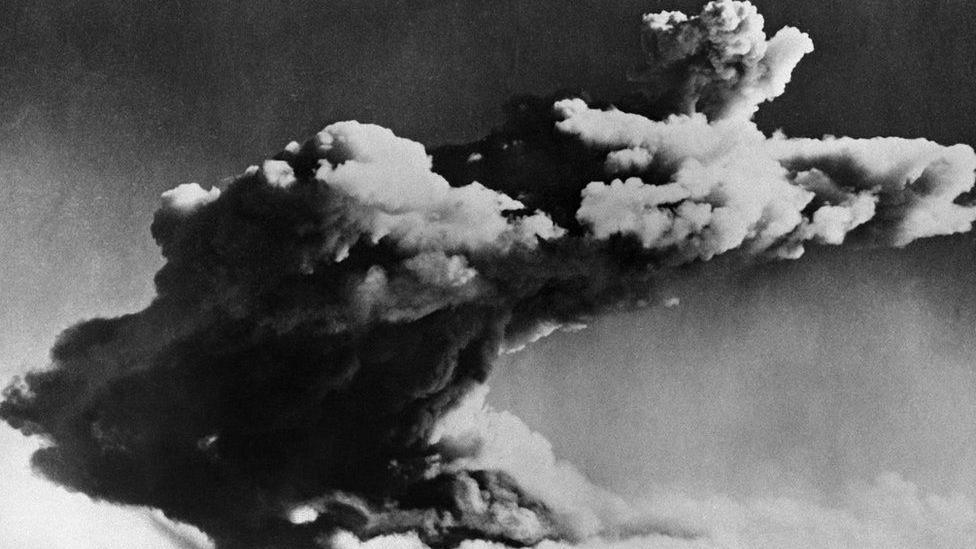
Like at Christmas Island, people on the Montebello Islands, near Australia, also described having to turn their backs during nuclear testing in 1952
"We lived within half a mile of the bomb, the bomb blew our tents down," he remembered.
"It was quite terrifying really... somebody commented it was a rehearsal for the end of the world, you feel the heat and you feel the wind and we had to sit with our backs to it and cover our eyes.
"We didn't have any protection."
Mr Darkin left national service with the rank of Senior Aircraftman (SAC). He went on to work in the motor trade, and ran his own Citroen dealership in Huntingdon, Cambridgeshire.
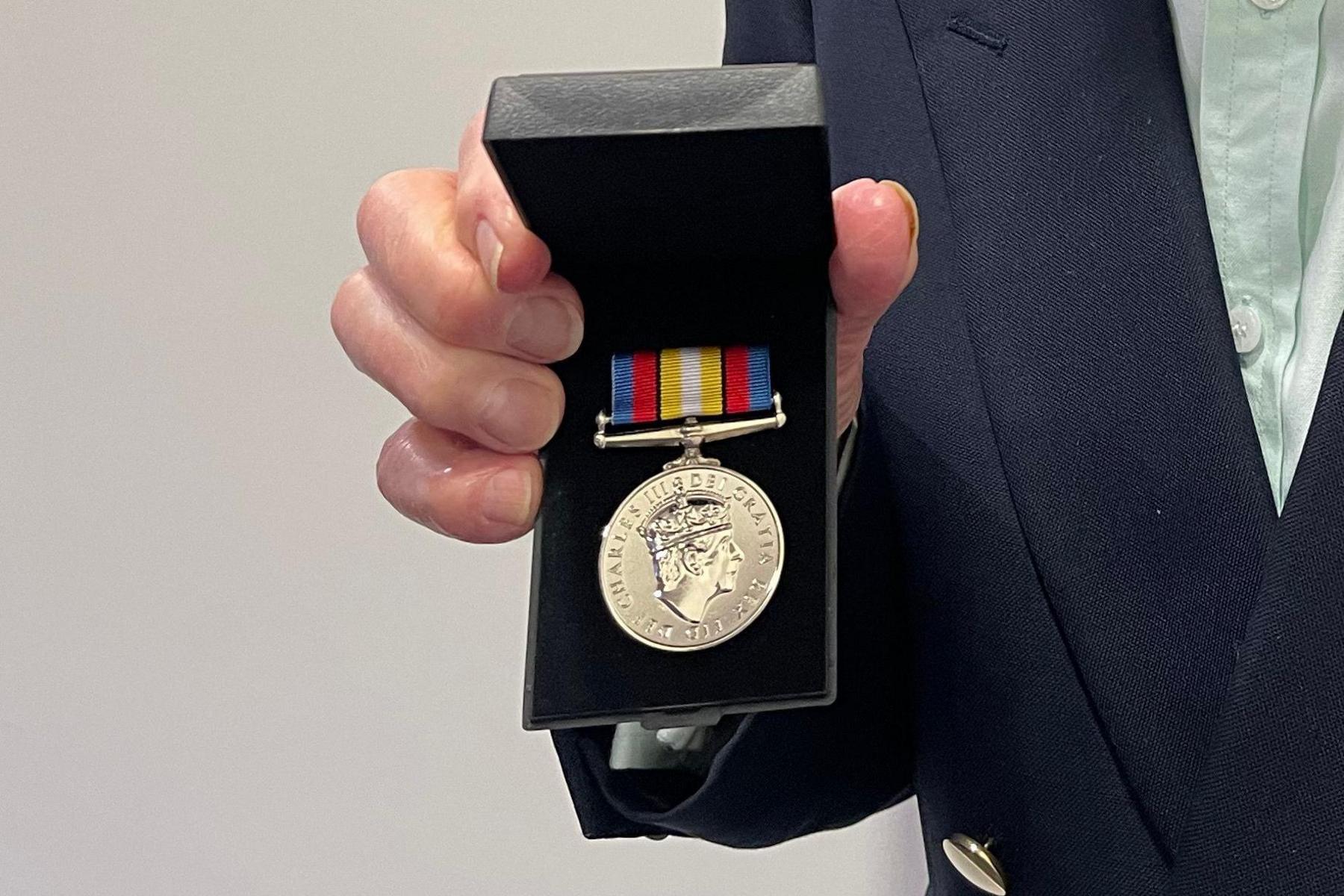
Bob Darkin said the experience was "quite terrifying"
About 22,000 are believed to be eligible for the Nuclear Test Medal, which Downing Street said commemorated contributions from people in the UK, Australia, New Zealand, Fiji and Kiribati.
Groups including the Labrats International charity campaigned for the survivors to be recognised, some of whom said they suffered serious health conditions linked to the exposure.
Follow East of England news on Facebook, external, Instagram, external and X, external. Got a story? Email eastofenglandnews@bbc.co.uk, external or WhatsApp 0800 169 1830
- Published4 March 2024
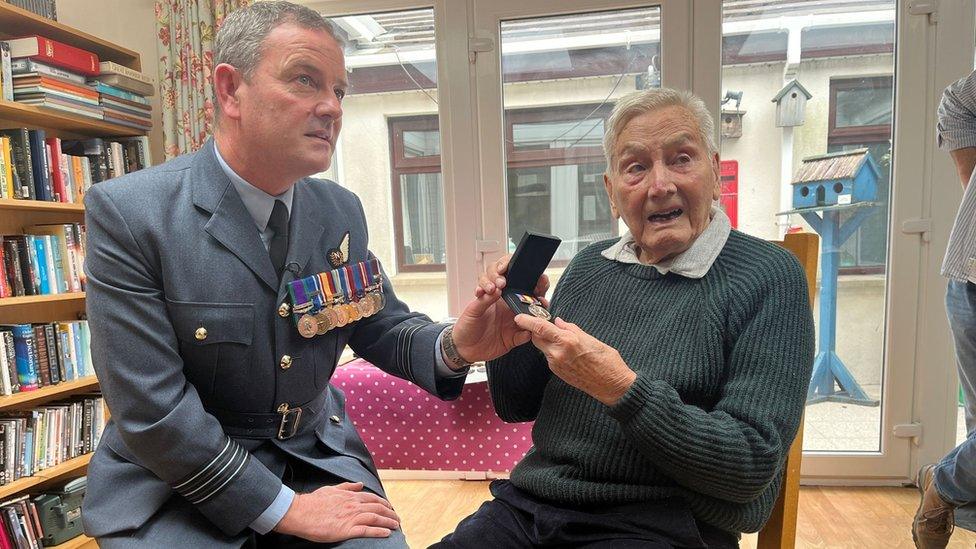
- Published20 February 2024
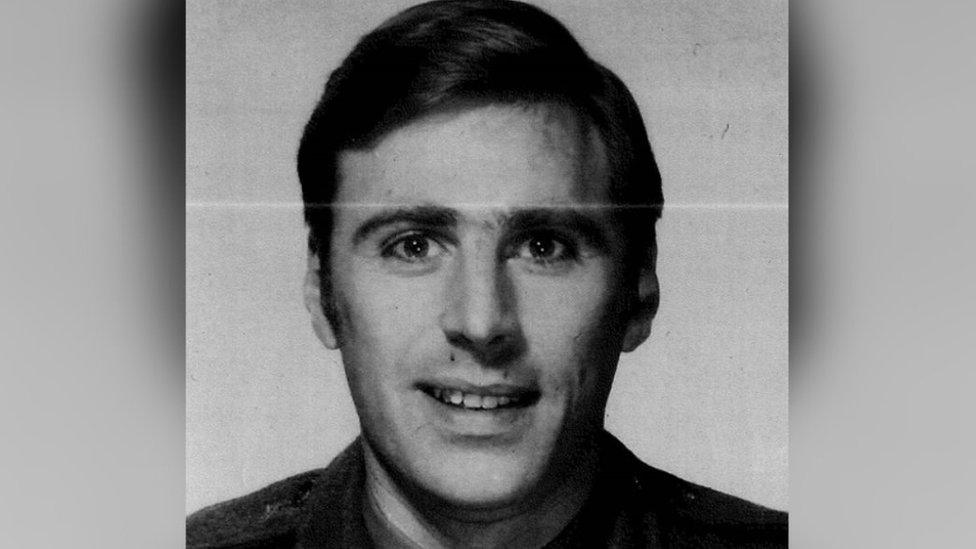
- Published21 November 2022
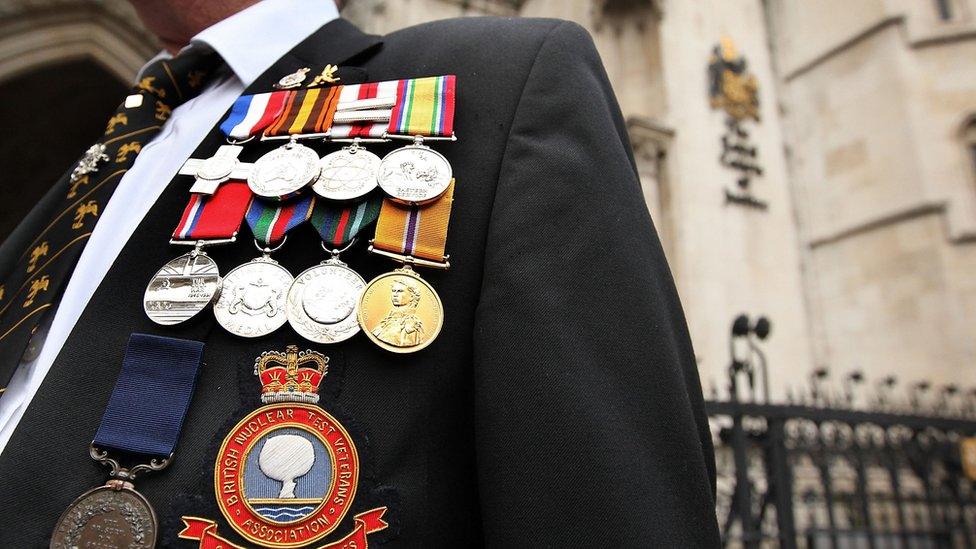
- Published28 July 2023
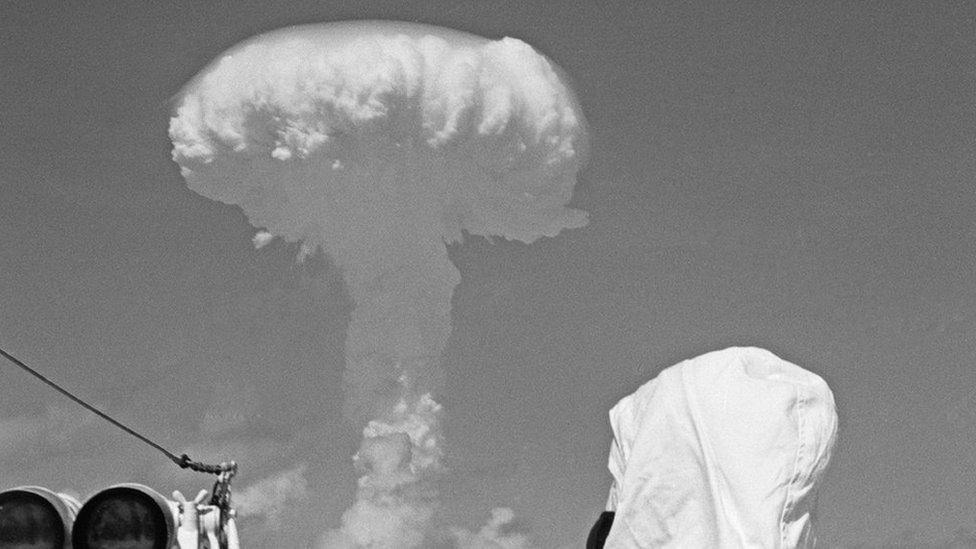
- Published8 July 2013